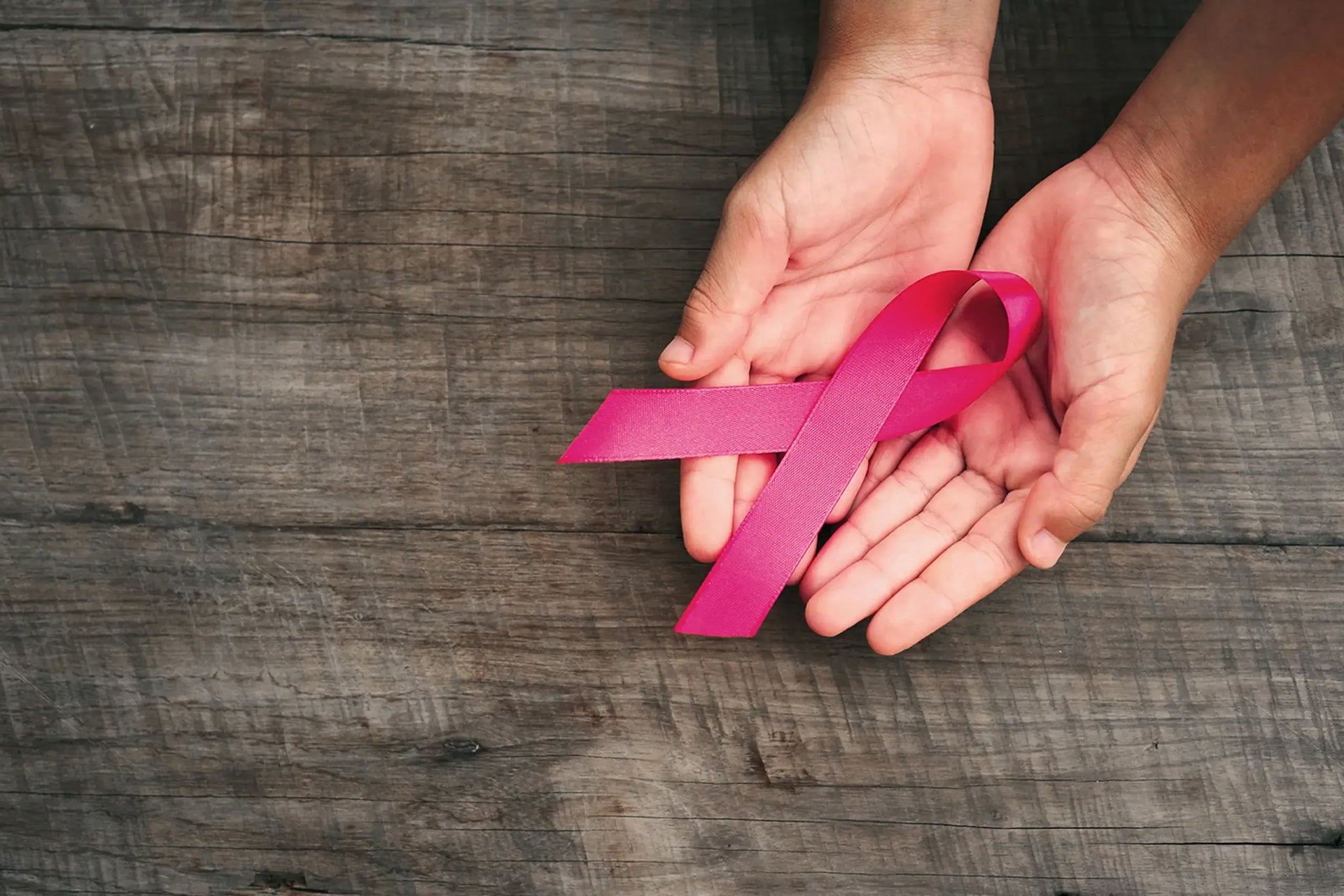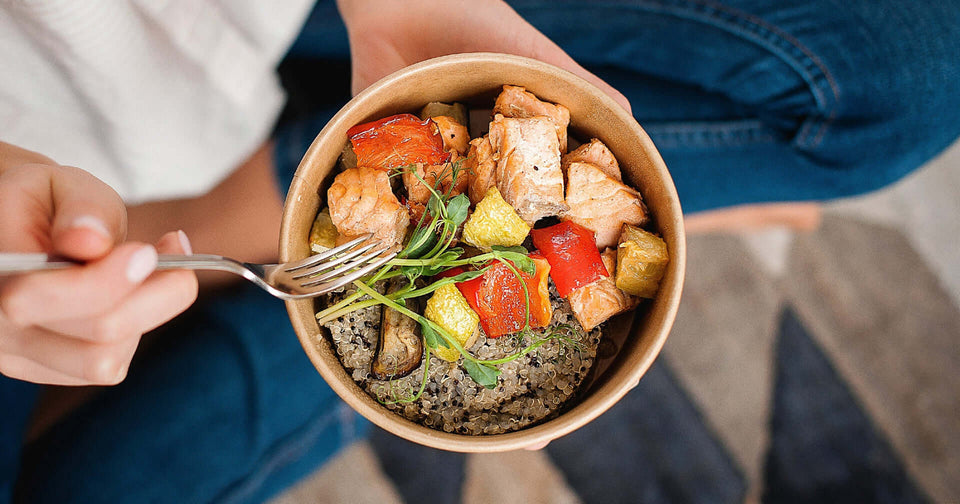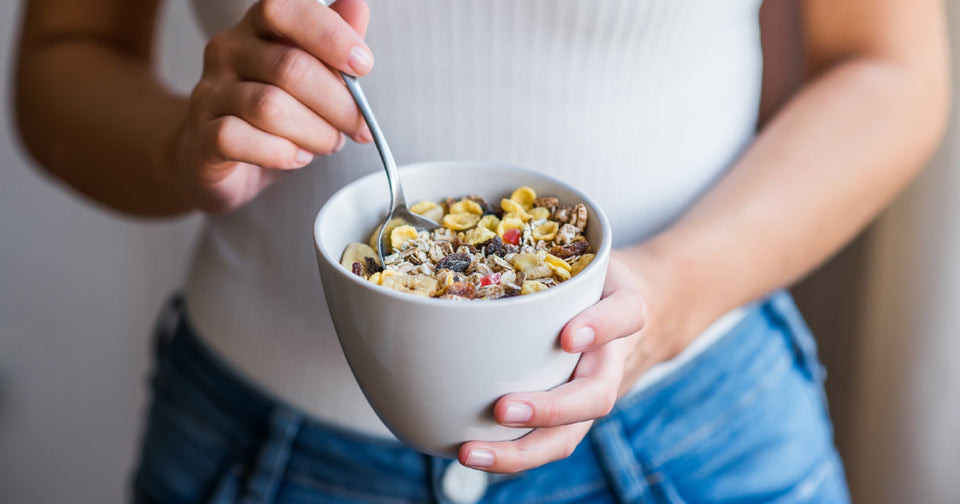
Show your colors, and wear PINK! The month of October is Breast Cancer Awareness Month, and there are many benefits to be found from using proper nutrition and supplementation, and making lifestyle changes. All of these are advantageous for prevention and for those who are surviving and thriving after a diagnosis.
Healthy Living After Cancer
First off, let’s look at diet. The Mediterranean Diet has long been touted as an advantageous way of eating. It’s a diet filled with fresh veggies and fruits, delicious olive oil, fish, nuts, seeds, legumes, cheese, yogurt, whole grains, herbs, and spices, and limited amounts of red wine and meat. There are also many other foods, outside of this diet, that offer beneficial properties. Take the Brassica family, which include broccoli, Brussels sprouts, cauliflower, kale, cabbage, etc. They contain protective phytonutrients and compounds that can help stimulate liver detox enzymes. Antioxidant-filled foods and vitamin C-rich foods such as deeply colored berries, dark green leafies, and others are incredibly important in our diet. Antioxidants work to protect our cells from the effects of free radicals. Free radicals oxidize or in a sense “rust” our cells. One of the specific antioxidants, vitamin C, supports a healthy immune system.
Turmeric, green tea, and ginger are packed with antioxidant properties and are also a great addition to the diet. Curcumin is made from turmeric and provides curcuminoids, which promote a healthy inflammatory response, heart health, and healthy cognitive function. Green tea is another heavy hitter, with a lot of research backing it. It contains polyphenols, which promote healthy digestion and heart function. Ginger contains a bioactive compound, called gingerol, which has antioxidant properties.
Foods to stay away from include sugar, which can depress our immune system. Seventy to 80% of our immune system is in our gastrointestinal (GI) tract, and sugary foods can throw off the balance of our beneficial bacteria to non-beneficial bacteria. Try to keep sugar to a minimum, and if you do eat it, try to get it from natural sources like maple syrup, raw local honey, coconut sugar, monk fruit, and stevia.
To support our GI tract, we can also add probiotic-rich foods such as keifer, kombucha, yogurt, sauerkraut, etc. If you don’t care for these foods, be sure to add a probiotic supplement into to your daily regime. Probiotics are microflora that assist the body in building natural immunity through various ways. A well-rounded, multi-strain probiotic formula with lactobacillus and bifidobacterium would be a good choice.
Vitamin D3 is an important nutrient for boosting our immune system. Cholecalciferol is the natural human form made in the skin. There are plenty of vitamin D-rich foods like egg yolks and cheese, and fatty fish like tuna, mackerel, salmon, and cod liver. There are also vitamin D-fortified foods such as dairy, orange juice, and cereals. With some of these foods, vitamin D still needs to be converted into the D3 form by our bodies, which is why cod liver oil or a vitamin D supplement may be beneficial – as they already supply the bioavailable D3 form. The best way to know how much vitamin D3 your body needs is to have your levels tested.
Omega-3 fish oil supports a healthy immune system. It provides EPA and DHA, well-known, highly researched, and documented for boosting immune health. A great source of omega-3s is cod liver oil because it also provides vitamins A and D3.
Zinc is another important nutrient for immune health. If you are not eating enough zinc-rich foods regularly (fish, meat, poultry, pumpkin seeds, sesame seeds, kale, etc.), your stores may be depleted, so a zinc supplement would be beneficial.
Lifestyle changes are very important for overall health. Getting enough rest, exercise, meditation, and de-stressing are necessary for our immunity. When we are constantly on the go and not taking care of ourselves properly, it can be taxing on our bodies. Support relaxation with GABA, L-theanine, magnesium, and B-vitamins.
The Mediterranean Diet is a great guide. But if you are unable to get all of these nutrients through diet alone, a supplement may be a great option.






